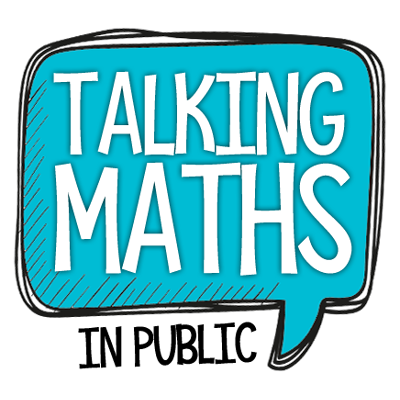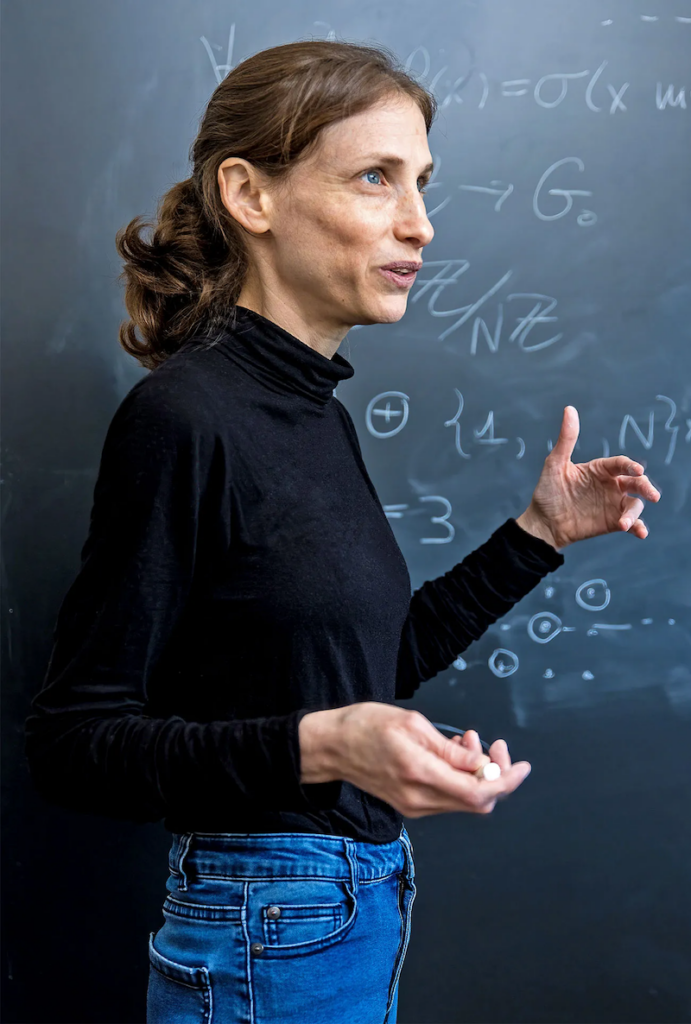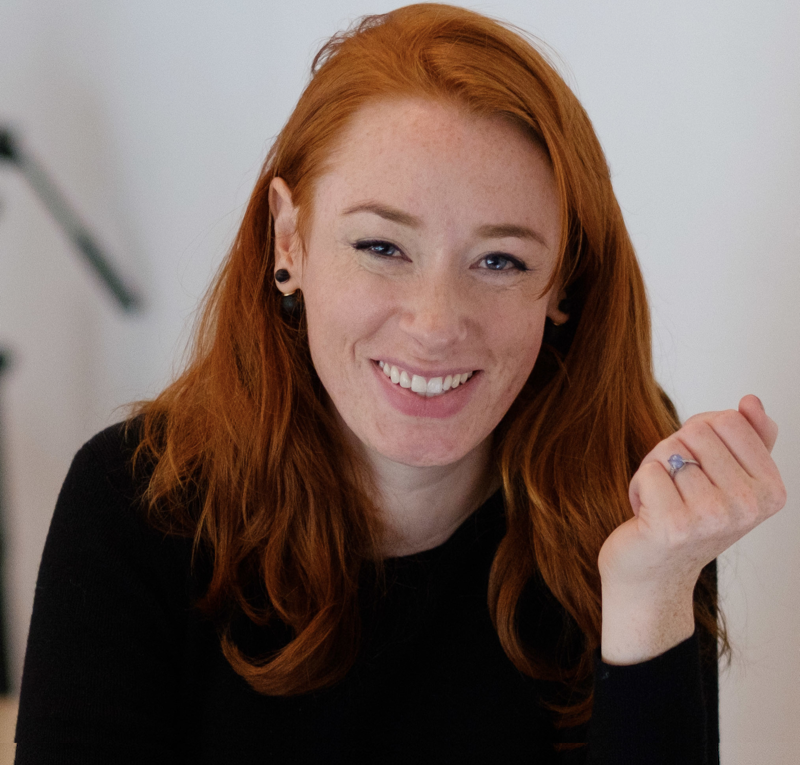It’s been a busy few months! As per our name, here’s an aperiodically-timed round up of things that have happened in the world of maths in the last few months.
You're reading: News
- Paul Glaister, Professor of Mathematics and Mathematics Education, University of Reading. Appointed CBE for services to education.
- Dan Abramson, headteacher of King’s College London Maths School. Appointed OBE for services to education.
- Kanti V. Mardia, Senior Research Professor, Leeds University. Appointed OBE for services to Statistical Science.
- Jeffrey Quaye, National Director of Education and Standards at Aspirations Academies Trust, PhD in Mathematics Education and Chartered Mathematics Teacher. Appointed OBE for services to education.
- Charlotte Francis, maths teacher and entrepreneur. Appointed Medallist of the Order of the British Empire for services to education.
Booking open for TMiP 2023
Maths communicators: assemble! It’s that time again, when everyone’s favourite biannual maths communication conference happens (every two years, in case you weren’t sure). Talking Maths in Public is a conference for people who work in, or otherwise participate in, communicating mathematics to the public.
An aperiodic monotile exists!
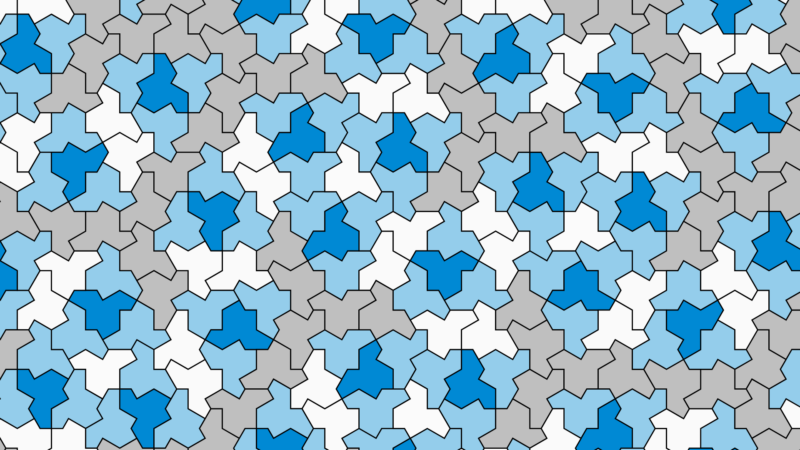
Actual aperiodicity news on The Aperiodical!
This is probably the biggest aperiodicity news we’ll ever cover here: David Smith, Joseph Samuel Myers, Craig S. Kaplan, and Chaim Goodman-Strauss have produced a single shape which tiles the plane, and can’t be arranged to have translational symmetry.
And it’s so simple!
Aperiodical News Roundup – February 2023
Here’s a round-up of the news stories not covered on the site over the past month.
Prizes and Appointments
Baroness Ingrid Daubechies is the first woman to be awarded the Wolf Prize in Mathematics. Awarded annually to outstanding scientists and artists from around the world since 1978, the award consists of a certificate and a monetary award of $100,000. (via Nalini Joshi)

Maths communicator and TikToker Ayliean MacDonald has been appointed the first Community Mathematician at MathsCity Leeds. Ayliean will run a series of workshops and events at MathsCity, and wants to make maths a multi-sensory experience – sessions will include maths art activities, craft workshops, and maths-inspired food tasting!
The New Government chief scientific adviser Professor Dame Angela McLean is a mathematical biologist. Her PhD thesis was on ‘Mathematical models of the epidemiology of measles in developing countries’ and she has been active in creating models of COVID as a high-profile member of SAGE and SPI-M-O.
Other News
The OEIS foundation is looking to raise $3m to fund a full-time managing editor. Founded by Neil Sloane in 1964, the site has so far been run by volunteers, but now a committee of board members has been set up to help raise the necessary funds for an endowment. They have also released the entire source data of the encyclopedia on GitHub, under a Creative Commons Attribute Share-Alike licence. Previously, the data was available in a less-convenient form and only under a licence forbidding commercial use.
Humans can beat AI at Go again! As this article in the FT reports, Amateur Kellin Pelrine has found and exploited weakness in strategy systems that have otherwise dominated strategies used by the game’s grandmasters. (via @moreisdifferent)
The Office for Statistics Regulation has written to HM Treasury to tell it off for tweeting a graph with a non-zero vertical axis. The graph, which showed inflation statistics for January, started from 8% and “gives a misleading impression of the scale of the deceleration in inflation”.
And finally: well-loved mathematician and metagrobologist David Singmaster has died. He passed away earlier this month, and Lucas Garron has been collecting people’s memories of David Singmaster.
Aperiodical News Roundup – January 2023
Here’s a round-up of news stories from January 2023.
Maths forever news
The British Prime Minister Rishi Sunak has announced that all students will study maths to age 18. The response has been varied, with commentators from both within mathematics and from non-mathematical backgrounds weighing in (with varying degrees of nuance).
However, this isn’t planned to happen soon – only to start the work to introduce this during this Parliament, with actual implementation to happen at an unspecified point in the future.
It’s worth noting that there is a shortage of maths teachers, with nearly half of schools currently using non-specialist maths teachers, according to the TES.
The fact this might make maths a political football is a bit of a problem – the opposition Labour party say “they’ve nothing to offer the country except double maths”. (As much as we love maths, we’ll agree there are more important things to worry about at the moment).
Tech news
The Chrome browser, and eventually other browsers built on it such as Edge and Opera, can now render MathML without any additional libraries as of version 109. Chrome briefly had some support for MathML, which was removed in 2013 due to lack of interest from Google. The developers who were working on it have kept plugging away, funded by the open source software consultancy Igalia.
Until now, the only reliable way to display mathematical notation on the web has been to use a JavaScript library such as MathJax or KaTeX, which do all the work of laying out symbols using generic HTML elements.
Now, you can just put MathML code in a page and expect most browsers to display it, like this:
There’s still a need for MathJax and the like: writing MathML code is no fun, so they’re still useful for translating LaTeX code, and MathJax adds a range of annotations that help with accessibility. But this is a step towards mathematical notation being much easier to work with on the web!
Other news
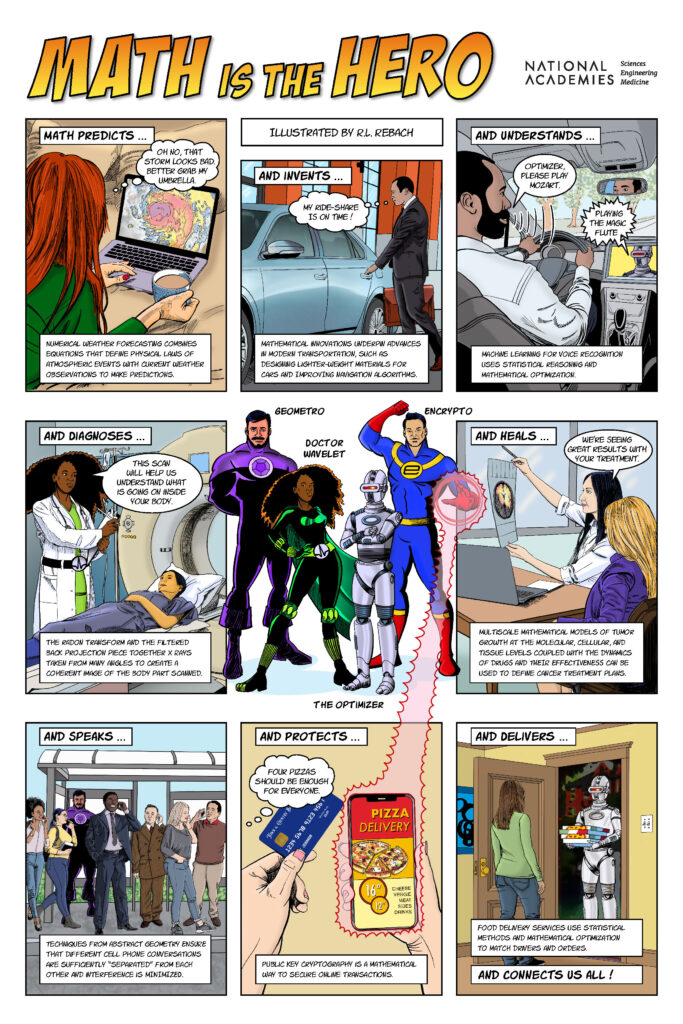
The US National Academies have released a series of posters “Illustrating the impact of the mathematical sciences”.
CLP’s place of work still has some Millennium Maths Project posters clinging on to the walls, older than almost all of the students, so maybe it’s time for a refresh! (via Terence Tao)
Tim Austin is the new Regius professor mathematics at Warwick. (via Warwick Mathematics Institute)
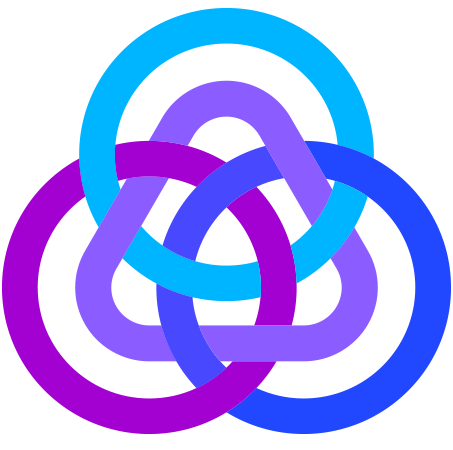
A bit of bureaucracy news: the Council for the Mathematical Sciences, comprising the five learned societies for maths and stats in the UK, is creating a new Academy for the Mathematical Sciences. It looks like the societies for the different sub-disciplines have acknowledged they need to work together, though this gives off a “now you have n+1 standards” smell. They’ve got a nice logo, though.
The Financial Times style guide changed so that ‘data’ is always singular, pragmatically following common usage. FT writer Alan Beattie said it best: “For anyone opposed, I’d like to know what your agendum is.“
Events
The London Mathematical Society will hold a ceremony in London on 22nd March to officially award the Christopher Zeeman medal to the 2020 and 2022 medallists, Matt Parker and Simon Singh.
The ICMS in Edinburhgh has launched a “Maths for Humanity” initiative, which will be “devoted to education, research, and scholarly exchange having direct relevance to the ways in which mathematics, broadly construed, can contribute to the betterment of humanity.” (via Terence Tao)
And finally
Yuri Marin has died. The Max Planck Institute has posted an obituary describing his life’s work. One of his PhD students, Arend Bayer, collected some memories in a Mastodon thread.
William ‘Bill’ Lawvere has died. There is a page on the nLab describing his life’s work.
Aperiodical News Roundup – December 2022
Here’s a roundup of the maths news we missed in December 2022.
Maths News
The leap second, referred to in this Independent article as a ‘devastating time quirk’, is finally being abolished. This has been covered in a bunch of places, mostly being quite rude about the leap second, including a writeup in the New York Times where it’s referred to as ‘a kludge, a bain, a pain in the little hand’ (£), and this Live Science article (‘pesky’). A committee at the International Bureau of Weights and Measures apparently nearly unanimously voted in support of Resolution D, meaning there won’t be any leap seconds from 2035 until at least 2135.
Anti-maths news! Princeton mathematician Rachel Greenfield (pictured left – photo by Dan Komoda/Institute for Advanced Study), working with Fields Medalist Terry Tao, has posted a disproof of the periodic tiling conjecture. A preprint titled ‘A counterexample to the periodic tiling conjecture‘ is now on the ArXiv, and if it’s correct, means that any finite subset of a lattice which tiles that lattice by translations, must tile it periodically. There’s a nice explanation in the Quanta writeup!
Meanwhile there’s been a new claimed proof of the 4-colour theorem, which is non-constructive (meaning it doesn’t rely on finding a colouring for every possible map, but proves the theorem generally). Some people have been skeptical about the proof, including in this statement from Noam Zeilberger, which links to a Mastodon discussion with John Carlos Baez. (via Neil Calkin on Mastodon)
Another claimed proof – this time of the sunflower conjecture. A k-sunflower is a family of k different sets with common pair-wise intersections, and the conjecture gives conditions for when such a thing must exist.
ArXiv has posted a framework for improving the accessibility of research papers on arXiv.org – their plan is to offer html as well as PDF versions of papers. (via Deyan Ginev)
Events
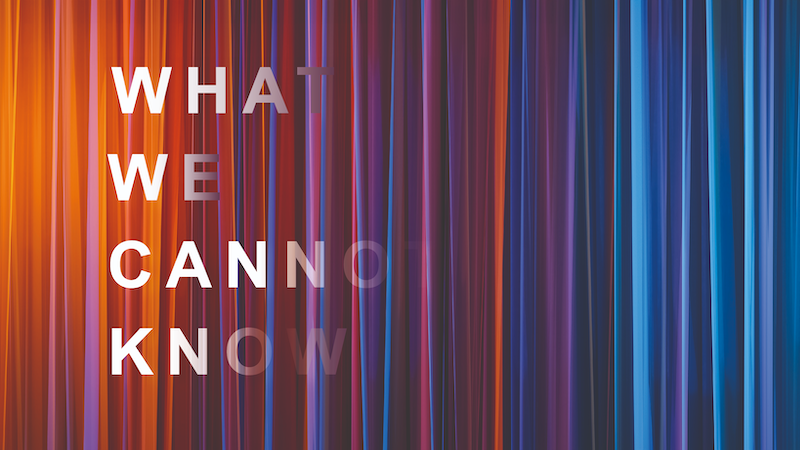
Bright-trouser-wearer and mathematician Marcus Du Sautoy is offering a free OU online course, entitled ‘What we cannot know’. Find out how he manages to break the rules of reality by facilitating you knowing something that it’s by definition impossible to know, by signing up online for the 8-week course (which can also be accessed without signing in but then you don’t get a badge).
As part of their Elevating Mathematics video competition, the National Academies Board on Mathematical Sciences and Analytics (BMSA) invites early career professionals and students who use maths in their work to submit short video elevator speeches describing how their work in mathematics is important and relevant to our everyday lives, with a $1000 Prize for the best video.
And finally, in a rare instance of us linking to the Hollywood Reporter, Hannah Fry is to front a science and tech series for Bloomberg, entitled The Future With Hannah Fry. Sounds great! It’ll be available on Bloomberg’s Quicktake streaming service and will explore breakthroughs in artificial intelligence, crypto (not clear if -graphy or -currency), climate, chemistry and ethics.
Particularly mathematical New Years Honours 2023
It’s that time of year when we take a look at the UK Government’s New Years Honours list for any particularly mathematical entries. Here is the selection for this year – if you spot any more, let us know in the comments and we’ll add to the list.
Get the full list from gov.uk.
Updated 2/1 to add Dr. Jeffrey Quaye, HT The Mathematical Association on Twitter.
